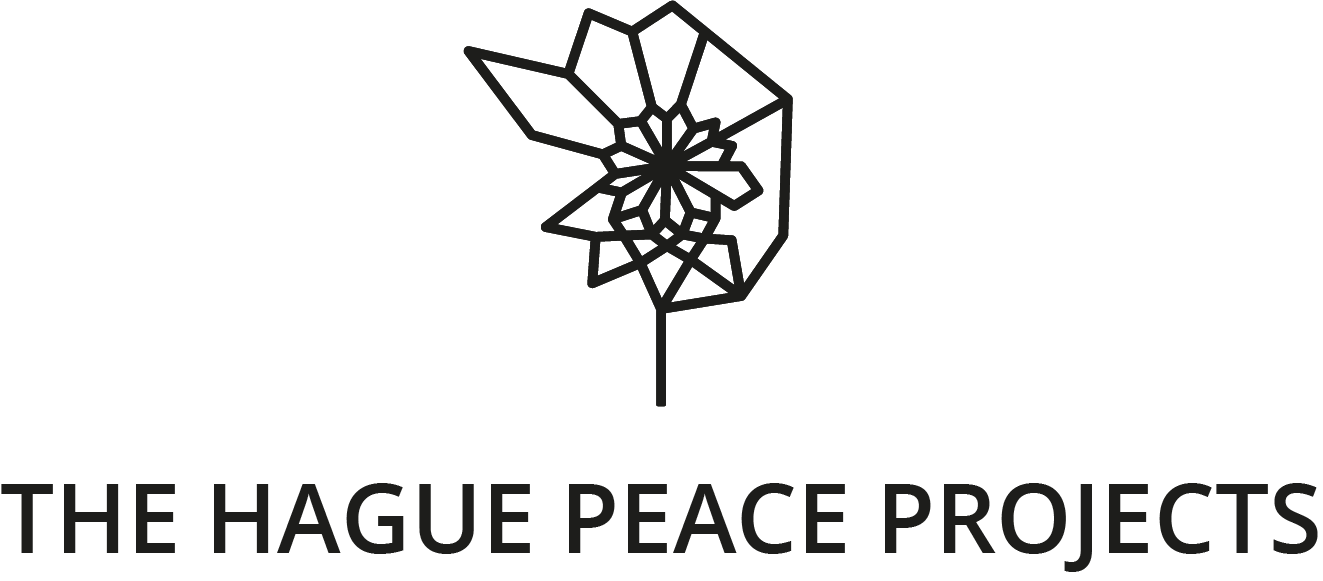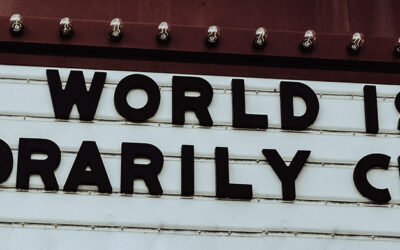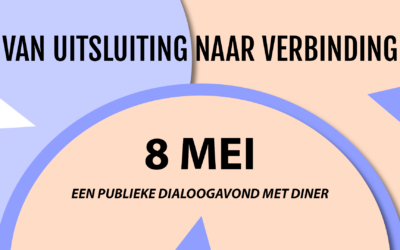Corona – The ‘Ideal’ Movie?
The Coronavirus has introduced a new storyline to the world that is looking more and more like a third-rate apocalypse B-movie with bad ratings on Rotten Tomatoes and IMDB. Whereas virus pandemic movies usually focus on the efforts of a small group of scientists, who against all odds struggle to convince the rest of the world of their brainy solution, the reality of our live movie seems to be lacking any such clarity of narrative.
How best to tackle the Coronavirus and the shape of our society afterwards is a discussion that tears at the strings of our core beliefs. It asks us to consider what life is all about, and how we should prioritize the ingredients that form our globalized society. Is safety more important than freedom despite the costs? Is economics more important than people’s lives or does it mean the same thing? Can we freeze the Monopoly board while we fix this shitty situation – and if not, why not? And who’s going to benefit from it all when things eventually settle and Corona is just another boring chapter in school textbooks?
In the movie plot we inevitably have a clear-cut solution. This would be ‘the cure’, and that’s obviously what reality wants as well. However, the more you look at the global impact of Corona, the more you realize that even if a cure for the virus was discovered tomorrow, the societal issues highlighted and exacerbated by the pandemic won’t just go away, and that doesn’t make for a very satisfying movie-ending.
As the B-movie progresses we seek wisdom and leadership from some authority that can fix all these things. Usually the cure for the virus is enough, and the film typically ends with some ‘global disease center’ returning health and harmony back to the order of the day through scientific cooperation and a polyphony of voices all aimed in the same direction. A quick look at our real-life movie, and the voices are all over the place, there’s no coherent storyline and it has a plot that no one can follow.
So imagine, if we as a nation, could collect all of our greatest and kindest minds together and charge them with sorting everything out as fairly and cleverly as possible. Call them a ‘government’ or something. That would be great. Now imagine that these ‘governments’, in the interest of international mutual benefit, could also come together and collectively use their greatest minds and talents to sort things out as fairly and cleverly as possible for all those that live under them. We could call that ‘The European Union’ or something. In the B-movie, some such international organization of geniuses would become our protagonist’s ally, and after much convincing and needless misunderstandings, would eventually help deliver the much needed cure that saves the world.
While fighting the urge to launch into one long dis of the economic fetishes of neo-liberalism and their impact on a ‘fair’ society, for the sake of perspective it’s worth acknowledging that many countries don’t actually have functional governments. Take a look through the eyes of someone from a country that is failing to survive and you’ll see great potential in a well-organized and structured body that can represent you.
We have that structure in name at least. It’s the EU, and that’s not an easy thing to accomplish. Unfortunately, the EU still lacks the unequivocal public trust that it must yet earn by fulfilling its mandate to properly deliver on security and equality for all of its members. We’re back to those neo-liberals again. But somehow, the clever people that arrange things for us must find better ways to care for the masses, above and beyond the Monopoly board that they play on. This needn’t involve dismantling everything that does work (sorry anarchists), but it certainly requires tweaking the rules of the game. The direction we end up tweaking things is the discussion of the day.
If you come from a failed state you might look at prosperous and well-organized European countries with envy, and endeavour to use your ‘people-power’ to structure your own country in the same way. Or you may blame this very structure for the shit you’re in in the first place. The problem is that there’s likely some truth in both of these positions. And truth, being the fickle thing that it is with its many versions, is still contending for existence. One thing that is for sure is that lies do exist, and the path to a better world, post-Corona or not, is not to follow the lies.
So, our protagonist has won the day, acquired a sex interest, defeated the lies, and life has reverted to its previous beautiful self. End movie. When the Corona crisis is behind us and we have survived what was for some a luxury apocalypse, and for others a life-challenging and debt-collecting hell, we will instead be left with some very poignant questions about security and equality.
Should we choose to focus on the humanity that this crisis has brought to light; the solidarity, the camaraderie, and the dependance and mutual interests that exist between people and nations, then we may actually be able to use our people-power to achieve some positive change. If we dismiss this hope as naivety and focus purely on the fear that we want to control, then we may just strengthen our mechanisms of discontentment even more.
I’ve heard it said that fear is our greatest enemy, though it’s unwise to have none at all. Just a little could qualify as caution, and too much is known as paranoia. Move to the left and you have hope which sounds much nicer, though too much of this and you’re in danger of being naive. A good disaster movie always has a healthy dose of hope, often naive hope, but luckily it all comes good in the end. So, how you choose to use your people-power to end the Corona movie is up to you. It all starts with your belief that shit can actually change. And one thing’s for sure, if you don’t hope for the best, you never get the best.
By Steen Bentall - 6th April 2020
(Image adapted from photo by Obregonia D. Toretto from Pexels)





